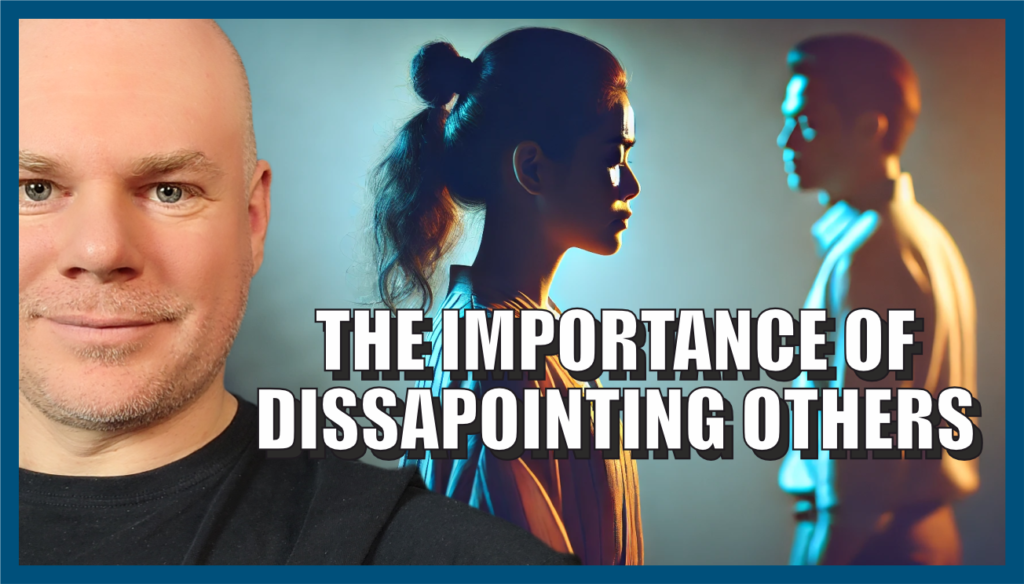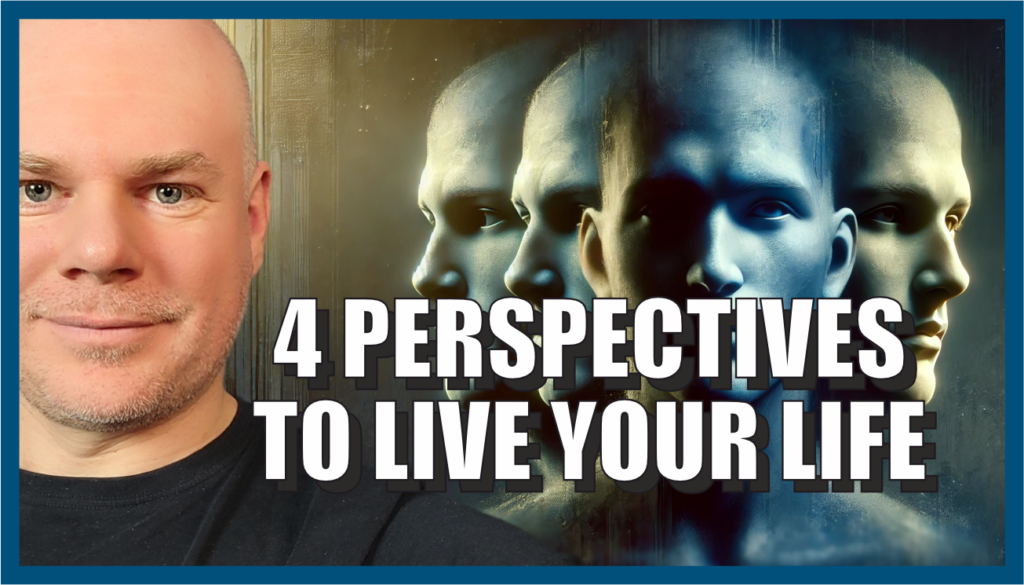In life, one of the most difficult but essential lessons to learn is that it’s impossible to follow your heart, live authentically, and pursue your own path without sometimes disappointing others. From a young age, many of us are conditioned to avoid disappointment at all costs, influenced by parents, teachers, and other authority figures who use their emotions—such as anger, sadness, or disappointment—as tools to shape our behavior. This early conditioning often leaves us emotionally vulnerable to the expectations of others, making it challenging to prioritize our own desires.
Conditioning and Emotional Blackmail
As children, we learn to equate disappointing others with being “bad” or unworthy. Whether it’s seeing a parent’s sad face when we don’t live up to their standards or being scolded for misbehavior, we internalize the idea that upsetting others is inherently wrong. Over time, this conditioning becomes deeply embedded, leaving many adults with an underlying fear of disappointing the people around them, even when it’s necessary for their personal growth.
This emotional blackmail keeps us stuck in patterns where we prioritize the feelings of others above our own needs. By constantly striving to avoid causing discomfort to others, we give away our power and become emotionally dependent on their approval.
The Cost of Avoiding Disappointment
While it’s natural to want to avoid causing others pain, doing so at the expense of our own happiness can lead to long-term dissatisfaction. We may find ourselves stuck in situations—whether relationships, jobs, or friendships—that no longer serve us. Yet, out of fear of upsetting someone, we stay, even when we know deep down that it’s time to move on.
This is particularly common in relationships where the emotional bonds become burdens rather than sources of joy. In jobs that no longer fulfill us, we may linger out of fear of letting down our employers or colleagues. And in friendships, we might avoid creating distance even when we’ve outgrown those connections.
The longer we stay in situations out of fear of disappointing others, the more we betray our true selves. This reluctance to disappoint others can keep us from evolving and stepping into new phases of life.
The Importance of Disappointment for Growth
At some point, we must confront the reality that disappointing others is part of life—especially when it comes to following our hearts and choosing a path that brings us fulfillment. While it may be uncomfortable, disappointing others can often lead to healthier, more honest relationships in the long run.
For instance, a boss will ultimately benefit from having employees who genuinely want to work for the company, rather than those who stay out of obligation. Similarly, a partner deserves someone who is truly committed to the relationship, not someone who remains out of fear of causing hurt. By being honest and choosing the courageous path of confrontation, we free ourselves—and, in turn, allow others to find happiness too.
Embracing the Courage to Disappoint
Disappointing others isn’t about causing unnecessary pain; it’s about honoring your own truth and allowing others to experience their own emotional journey. When you dare to disappoint someone, you are choosing your authenticity over fear. While it might be difficult in the short term, the long-term benefits of honesty and freedom far outweigh the temporary discomfort.
The key to overcoming the fear of disappointment lies in recognizing that it is a natural part of life and personal growth. It requires courage to stand in your truth and to trust that the emotional fallout will eventually lead to greater harmony for everyone involved.
In the end, embracing the courage to disappoint is a powerful act of self-love. It means trusting yourself, owning your decisions, and allowing others the freedom to experience their emotions. In doing so, you break free from emotional hostage situations and give both yourself and those around you the space to evolve.

Conclusion
Disappointing others may never feel comfortable, but it is necessary for personal growth and freedom. The ability to confront difficult situations, make tough choices, and accept that you cannot please everyone is crucial to living a fulfilling, authentic life. Ultimately, embracing this truth allows you to step into your power and live in alignment with your highest self.



